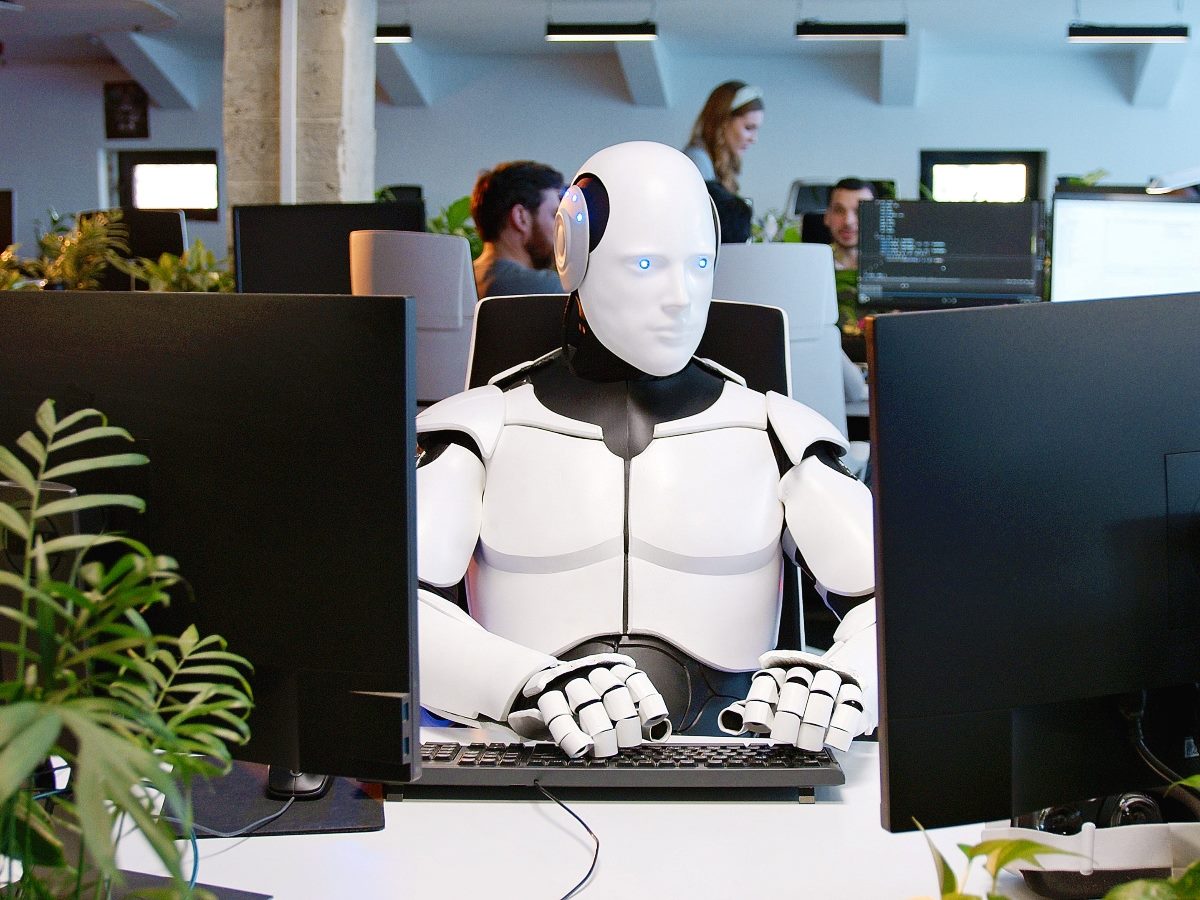The impact of AI on customer experience is expected to be significant in the coming years. According to the latest CMSWire research, 30% of CX professionals say that the impact of AI and machine learning will be transformative or significant to their organizations. Further, the majority of customers expect high-tech interactions with organizations — particularly AI.
But such a transformative shift doesn’t come without risk. Noted CX expert Shep Hyken says that companies get around two chances to provide expert customer service before customers drop them. Incorporating AI into customer experiences doesn’t mean that organizations can afford to drop high-touch interactions with their most engaged customers. Besides, customers have always been more than willing to drop a business if it doesn’t meet their expectations or needs.
Haiyi Zhu, PhD, is an associate professor at Carnegie Mellon University, where her current research focuses on human-computer interaction and how to better integrate AI into society. She spoke to TP about her work, recent AI breakthroughs, the ideal role of AI in customer service and human interactions and what she thinks a potential AI-enabled future might look like.
AI's Role in Customer Service and Support
Zhu’s current research in human-computer interaction focuses on how we can better integrate AI technologies into society, including groups, communities and organizations. While her overall view of the future is optimistic, Zhu champions holding technology to high standards and says there needs to be a balance between humans and AI. Knowing when to use the technology and when to bring in humans for a more personal connection is an important distinction. "What people really need is to feel seen and understood by another human being,” Zhu said.
This is more relevant than ever at a time when companies are introducing AI tools into customer service, but customers still struggle to get their needs met. While AI might be adept at dealing with edge cases, there will always be times — particularly when the stakes are high — that a human will be preferable all around. Zhu gives an example of a customer losing a credit card in a foreign country. “A situation like losing a credit card in a foreign country could involve a lot of complex challenges. If it were me in that situation, I would much rather prefer to work with a human, because humans are much better than the AI system to handle that situation,” Zhu said. Scenarios like this demand deep expertise to solve highly complex customer issues.
The Future of AI and Human Connections
Zhu believes the future will be a blend of high tech and high touch — one where AI supports agent interactions, particularly in high-stakes situations. In this scenario, Zhu sees a future where AI will be incredibly beneficial. “At the end of the day I'm very optimistic, and think that these technologies will be empowering for a lot of people, especially people who are historically marginalized and whose experience has been undervalued,” Zhu said.
One area where Zhu sees potential value is in using AI to train developers and help people become better service providers. This type of training starts with training the AI model itself to be better. AI and LLMs should also be held to high standards to ensure they’re dispensing accurate information. “As part of our research we make sure we’re integrating people's feedback early in the design. This includes working with legal experts to see what the misconceptions are in a particular domain and how to fix them to improve the AI model,” Zhu said.
AI and TP
The future of including AI in customer interactions will be one where high tech meets high touch. With AI being used to automate routine tasks and support human interactions, TP experts can use their time to concentrate on the more complex interactions, where empathy and human care truly make a difference.
With empathy and human connection at the core, TP combines AI with human expertise to elevate our teams’ performance. By prioritizing fast, effective problem-solving, TP ensures that the human touch stays at the heart of every critical interaction.
Watch our interview with Dr. Haiyi Zhu and explore more expert insights in our YouTube playlist.
